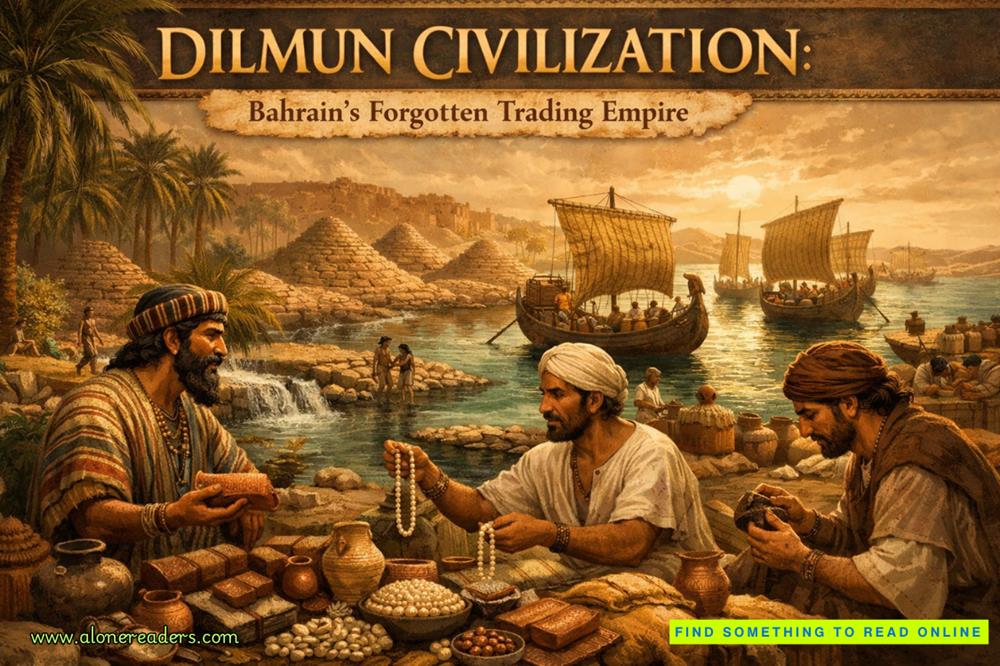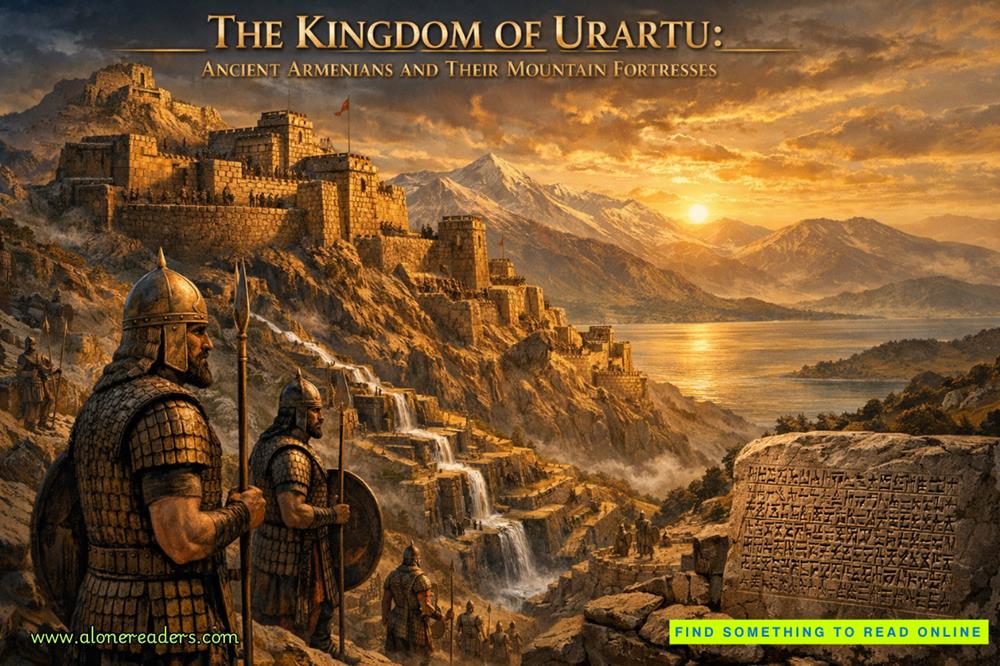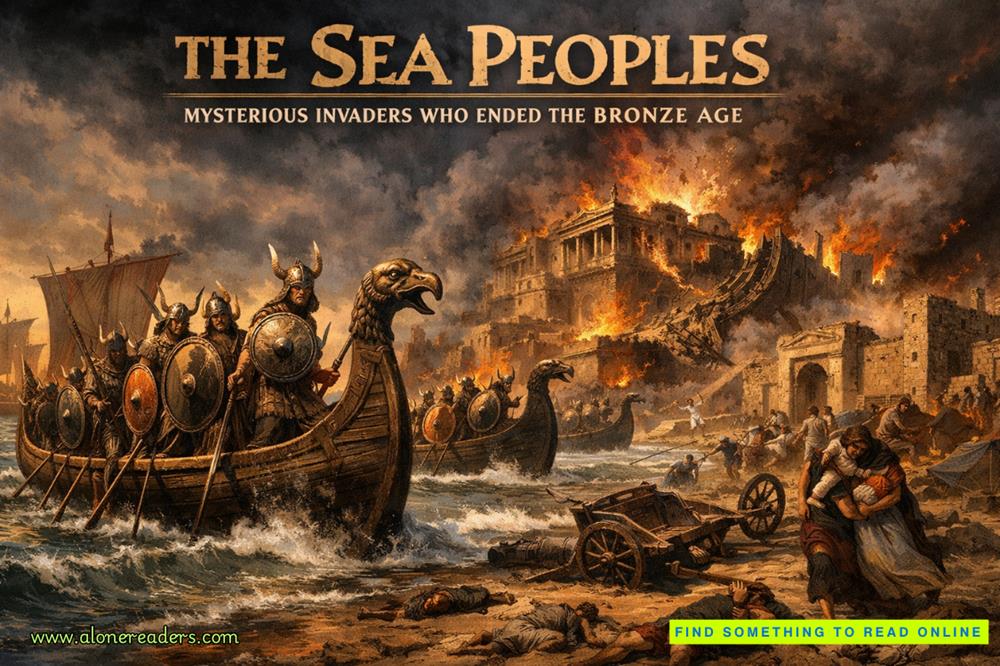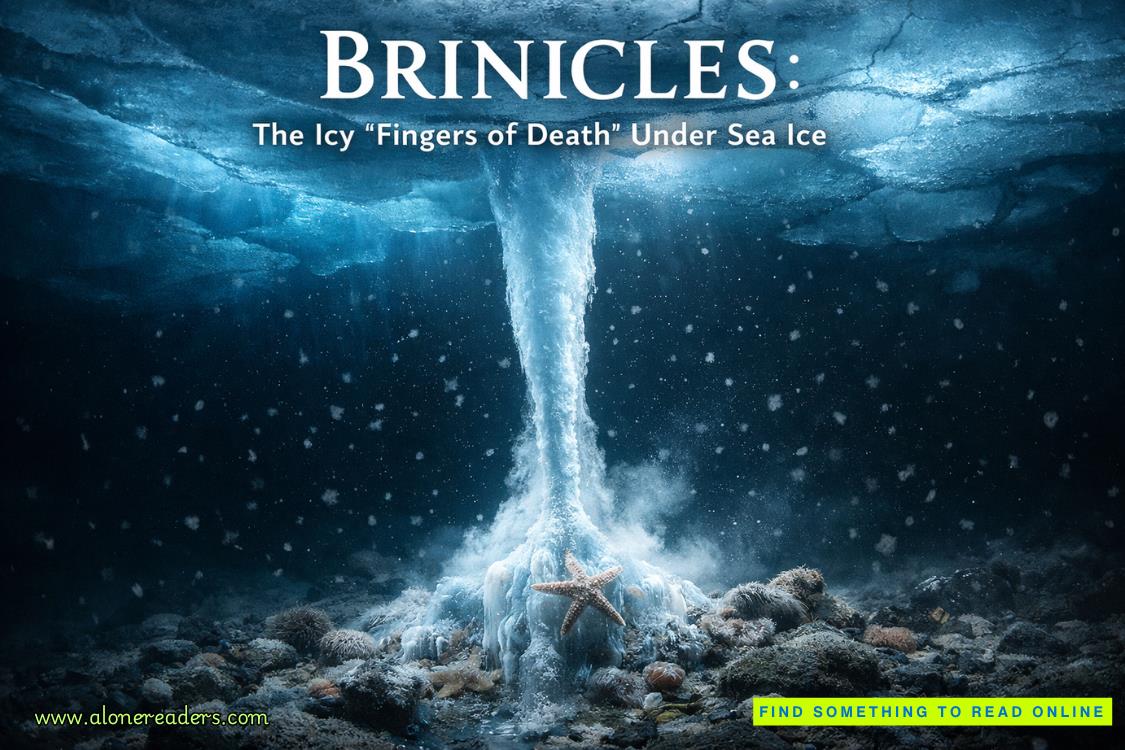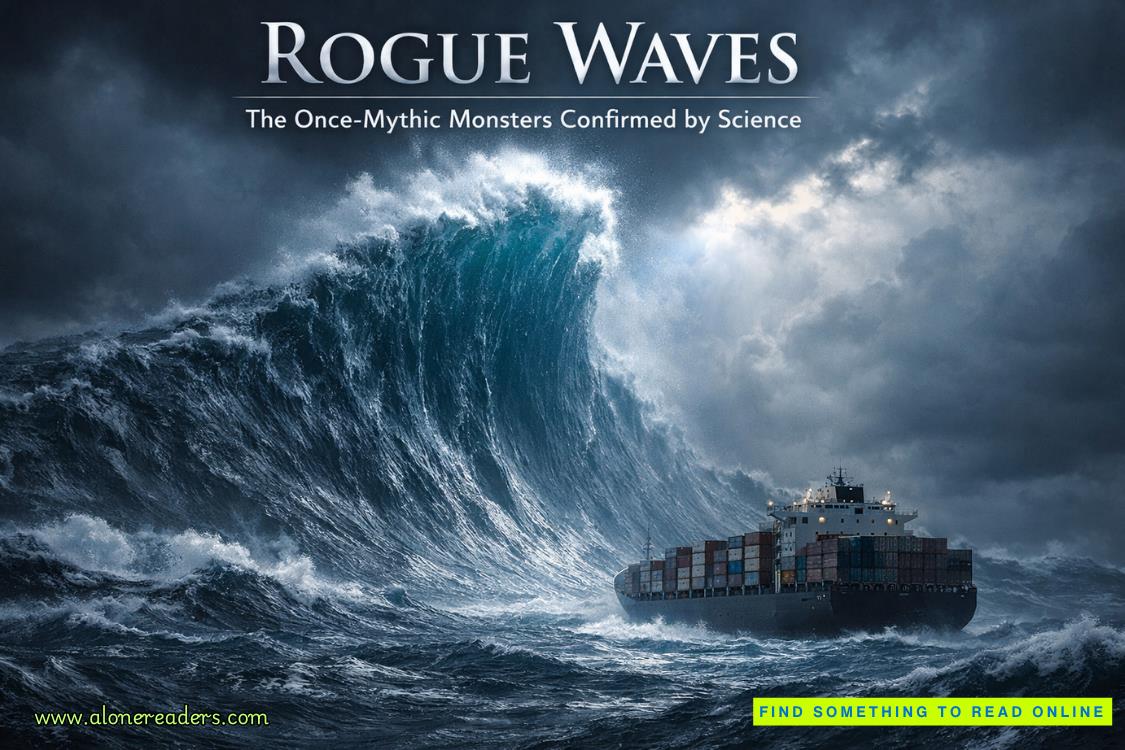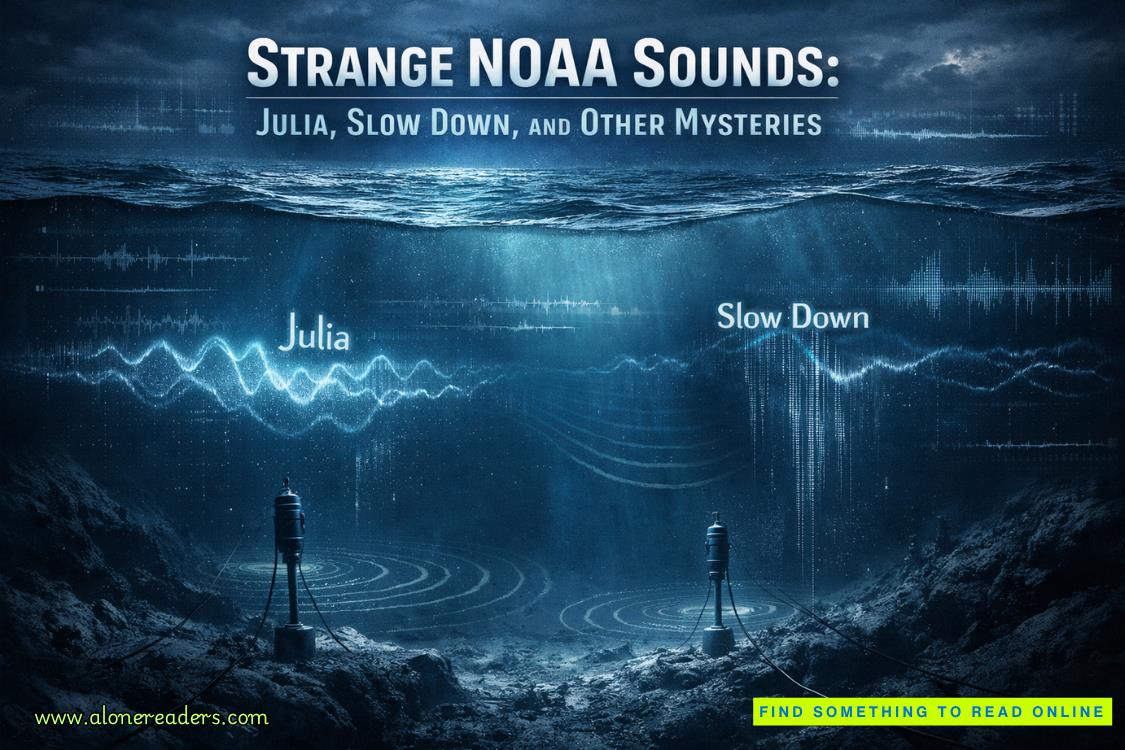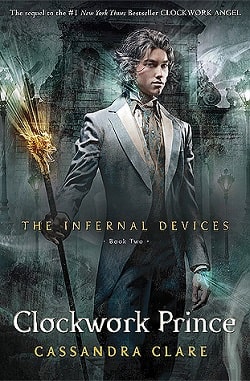As I dove deeper into Raines's file, time slipped away. The archive's dehumidifiers created a white noise cocoon that masked everything beyond my focused investigation.
His training evaluations painted a portrait that grew more disturbing with each detail. He scored perfect in fire behavior analysis and had an unprecedented understanding of igniting liquids and their dispersal patterns. Comments about his "intense focus" during live burn exercises appeared repeatedly, often paired with notes about his reluctance to follow standard safety protocols.
Then, I found the incident report that changed everything.
"March 13, 2012: Training Exercise Incident. Building 7 Primary Reporting Officer: Captain Thomas Walsh"
My hands trembled as I recognized the name. Walsh—Marcus's current captain. And the date—a few short months before Marcus's father perished.
The report itself was clinical, but the details turned my stomach:
"During scheduled live burn training, Candidate Raines deviated from established protocols. After team entry, someone secured all doors from the outside. It trapped three probationary firefighters inside. Temperatures exceeded safety parameters. Two casualties—"
Bile surged up into the back of my throat. I forced it down with a swallow of coffee, scanning further:
"When questioned, Candidate Raines stated: 'They needed to understand. Fire isn't something you fight. It's something you become.'"
A security guard's footsteps echoed somewhere in the stacks, making me flinch. Still, I couldn't stop reading. I couldn't look away from the psychological evaluation that followed:
"Subject displays concerning fixation on fire as a transformative agent. Expresses belief that extreme conditions reveal true nature of individuals. Recommendations: Immediate dismissal from program. Psychiatric evaluation. Possible criminal charges—"
The report ended there. There was no follow-up or resolution, just a note that Raines had disappeared before charges could be filed.
My phone vibrated against the table. Marcus's name lit up the screen, but I let it go to voicemail. I needed to understand everything before I called him, and I needed to be certain.
Because if I was right, it wasn't about art or obsession.
It was about transformation.
I pushed away from the archive table, my legs stiff from sitting too long. The need to move, to process what I'd found, drove me toward the Seattle Police Department's secure terminal in the corner. My faculty credentials granted limited access—enough to search case files that might fill in the gaps after Raines's disappearance.
The screen's glow cast a sickly pallor over my hands as I typed. There was nothing under his name in recent years, but something made me dig deeper, searching for unsolved arsons with similar signatures. The parameters were specific: controlled burns, precise ventilation manipulation, and artistic elements in the destruction.
A case from 2017 caught my attention: a house fire in Olympia that had claimed two lives. The victims were never officially identified, but a note in the file mentioned one might have been a retired fire chief. The fuel patterns matched Raines's knowledge base—the same surgical precision and understanding of how buildings breathed.
A small detail buried in the supplementary reports made my blood run cold. A witness had mentioned seeing the suspect at local galleries in the weeks before the fire, particularly exhibitions focusing on "transformative art."
I scrolled further, finding fragments that began forming a darker picture. I found references to an underground group that treated fire as a sacrament. They called themselves ThePyreborn Covenant. Their beliefs centered around the purifying power of flame and how it could reshape matter into something transcendent. I couldn't miss the word "reborn" buried in the name.
My phone buzzed again. It was another text from Sarah:
"Found trace elements in the factory debris. High-end photography chemicals. The kind used in professional darkrooms."
The pieces clicked together with terrible clarity. Raines hadn't disappeared—he'd evolved. The fire academy dropout had become something far more dangerous: an artist who saw destruction as creation.
And now he'd found his perfect subject.
I pulled up the training log we'd recovered from Marcus's gym. The handwriting in the margins matched Raines's academy evaluations. The same precise strokes and same intensity bleeding through every observation.
"Maintains form despite obvious fatigue... Pushing past normal limitations... Becoming what fire demands..."
The words blurred as exhaustion and caffeine battled in my system. I couldn't stop when I finally understood what we were dealing with.
Raines wasn't trying to destroy Marcus.
He was trying to remake him.
The realization drove me from my chair. I paced between the archive shelves, my shadow jumping ahead of me as motionsensors tracked my movement. Every training log entry and surveillance photo took on new meaning. It wasn't merely documentation of a physical process—it was a transformation journal.





